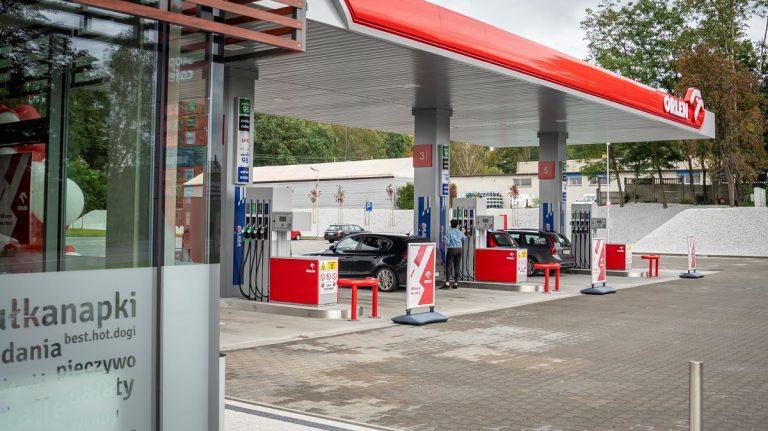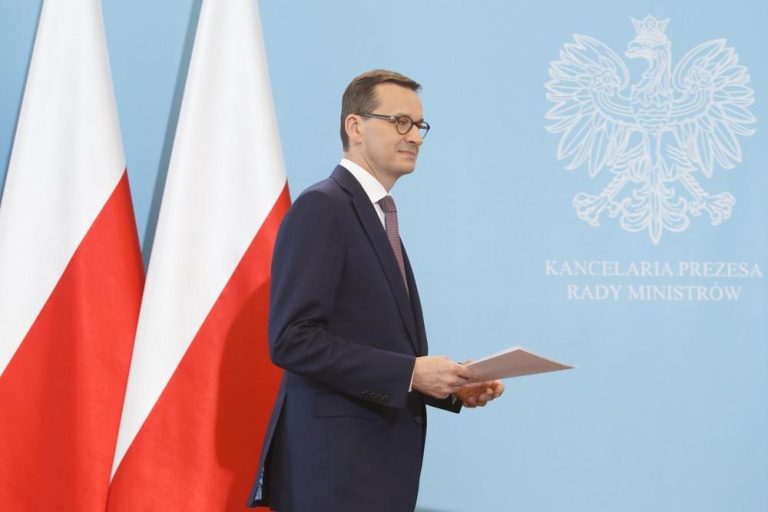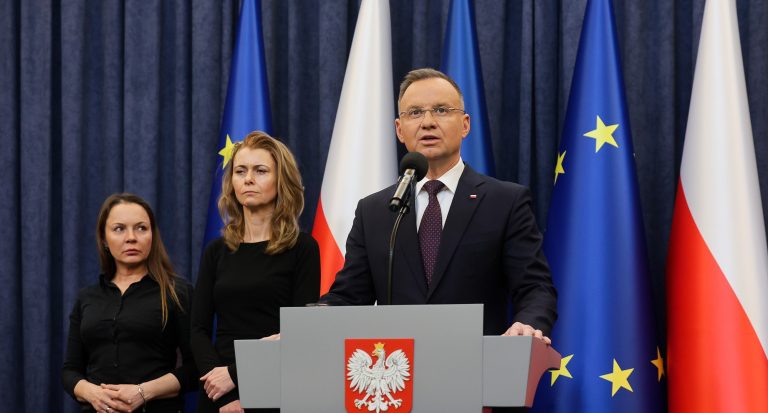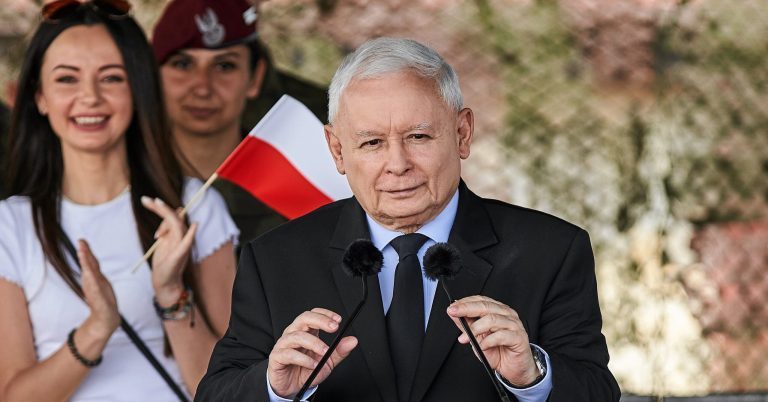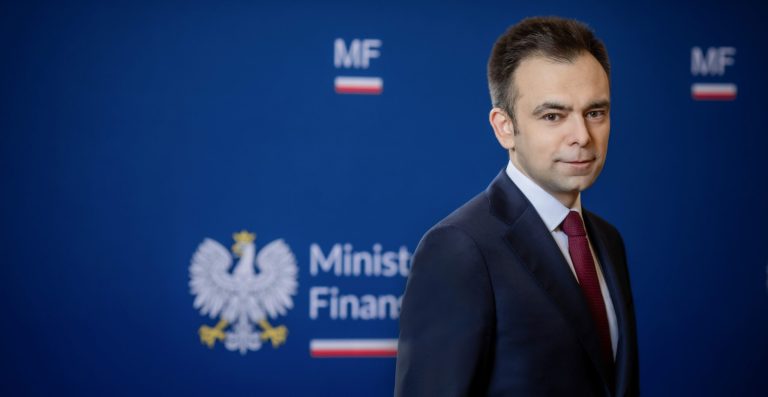Polish state energy giant abandons new carbon-neutral goal after less than a week
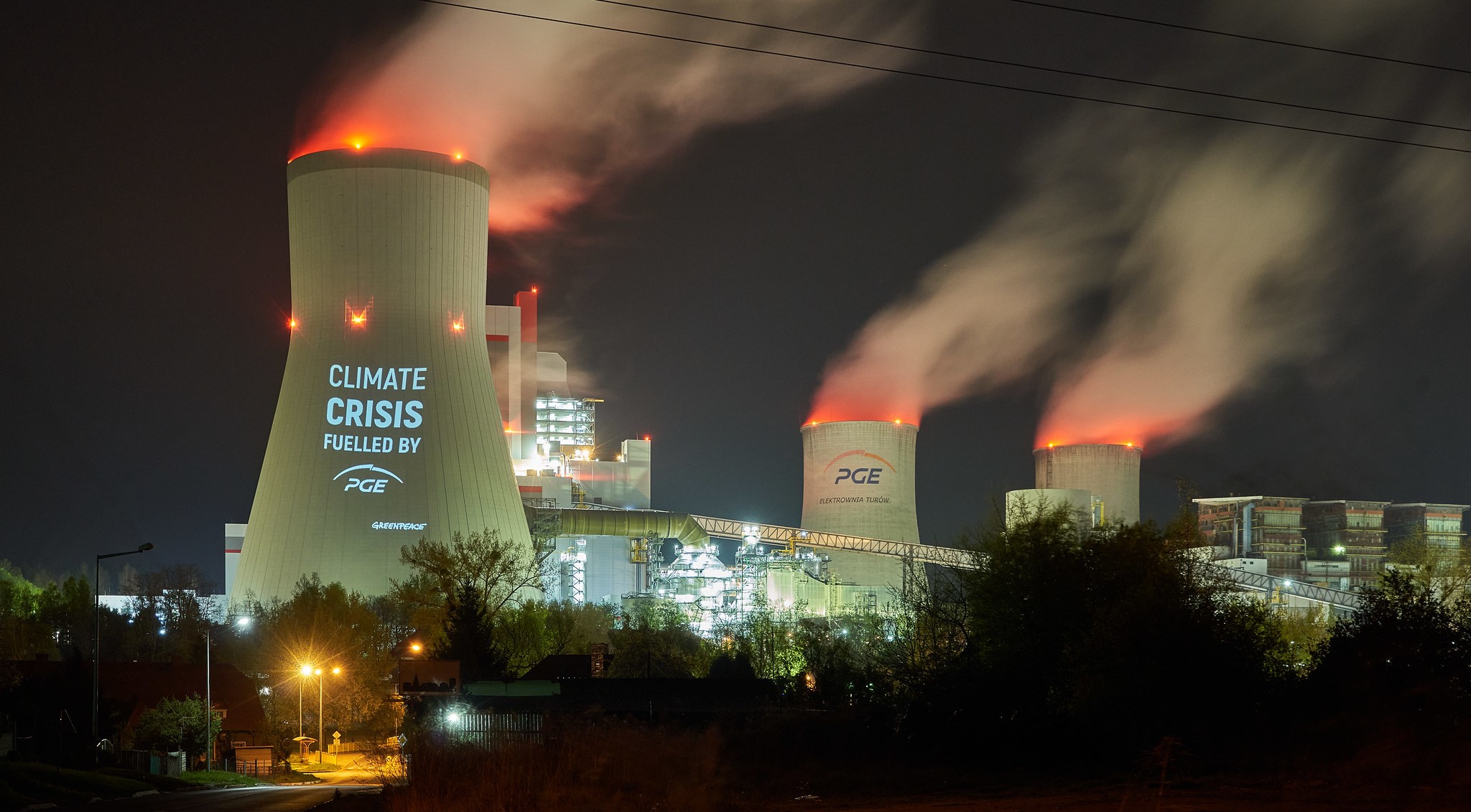
Poland’s largest power producer, state-owned PGE, has withdrawn a strategy to accelerate the transition towards climate neutrality less than a week after announcing it.
The decision comes after complaints from coal miners – a politically influential group – about the plans, with reports suggesting the government considered acceding to the demands of miners that PGE’s CEO, Wojciech Dąbrowski, be dismissed.
Last Tuesday, Dąbrowski unveiled plans for PGE to achieve climate neutrality by 2040, ten years earlier than previously planned. As part of that effort, it pledged to end the use of coal – which still produces around 70% of Poland’s power – for electricity and heat generation by 2030.
Poland’s largest electricity producer, state-owned PGE, has announced plans to achieve climate neutrality by 2040.
That will include ending the use of coal – which is still Poland’s main source of power – for electricity and heat generation by 2030 https://t.co/Zy7e84ioZR
— Notes from Poland 🇵🇱 (@notesfrompoland) August 30, 2023
Although the strategy – which also entailed investment in offshore wind, energy storage and nuclear power – was positively received by many analysts, miners saw it as a threat to their agreement with the government to allow coal mines to continue operating until 2049.
In a letter to Prime Minister Mateusz Morawiecki, the leaders of Sierpień 80, a major trade union, said that Dąbrowski’s “scandalous and thoughtless statements have caused anxiety and anger in Silesia”, which is Poland’s coal-mining heartland.
They noted that PGE is the largest buyer of Silesian coal. “To whom will Silesian mines sell coal if, as PGE’s CEO has announced, the company intends to move away from coal by 2030,” they ask. “What about guarantees for miners that there will be coal mines in Silesia until 2049?”
The letter demanded that the prime minister “immediately dismiss” Dąbrowski along with PGE’s entire board.
In response to such concerns, the state assets ministry said that its policy remains unchanged regardless of PGE’s strategy, with the deal to keep the mines running until 2049 still in place.
“It is coal that will be the transition fuel during the energy transition. This is particularly important in the context of Russia’s aggression against Ukraine and last year’s energy crisis,” the ministry said.
It added that the functioning of the coal sector will be safeguarded by a separate entity, the National Energy Security Agency (NABE), which will take over state companies’ coal assets, allowing them to focus on developing lower-emission sources.
The government has outlined details of the billions of zloty it is proposing to pay state energy firms to buy their coal assets.
The move is part of a plan to wind down the use of coal and help energy firms to focus on developing lower-emission sources https://t.co/W3aW7tD1kP
— Notes from Poland 🇵🇱 (@notesfrompoland) July 17, 2023
A number of Polish media outlets reported based on inside sources that the government was considering removing Dąbrowski from his position. However, yesterday PGE announced a U-turn that it appears will ensure its CEO remains in place.
The firm revealed the its board had repealed the resolution it had previously adopted approving the update to PGE’s strategy. It said that the decision was due to the need for NABE to first be established.
“This will allow conventional power plants to operate for the next 20 to 30 years, receive Polish coal and guarantee security of electricity supply,” said PGE in its statement.
“In addition, NABE will allow energy companies to increase investment in green energy in order to carry out a fair energy transition in Poland, spread over time and respecting the interests of workers,” it added.
Komunikat zarządu #PGE.
Zarząd PGE S.A uchylił uchwałę, przyjmującą aktualizację Strategii Grupy PGE. Decyzja spowodowana jest koniecznością zakończenia procesu powstania Narodowej Agencji Bezpieczeństwa Energetycznego (#NABE).
Aktualizacja strategii Grupy PGE, jest ściśle… pic.twitter.com/vhEOB3aZ5k
— PGE Polska Grupa Energetyczna (@Grupa_PGE) September 4, 2023
Commentators have criticised PGE’s decision, saying that backtracking on the strategy update was a blow to the company’s reputation and shows that miners’ unions are dictating Poland’s energy transformation.
“The tail wags the dog,” commented Daniel Radomski of news service Biznes Alert.
“The mining union members have once again flexed their muscles and shown that they are the main inhibitors of the transformation – in the name of their vested interests,” wrote Jakub Wiech, editor-in-chief of news website Energetyka24, Jakub Wiech.
🔥Podsumujmy inbę z PGE, bo jest tam kilka bardzo ciekawych wniosków:
1️⃣Prezes Dąbrowski zachował stanowisko
2️⃣Spółka straciła nową strategię, co jest nie tylko ciosem politycznym i wizerunkowym, ale także bardzo niebezpieczną grą rynkową – wszak mówimy o spółce giełdowej…
— Jakub Wiech (@jakubwiech) September 4, 2023
The ruling national-conservative Law and Justice Party (PiS) has stressed the importance of coal in Poland’s energy sector. Although the government has taken steps to develop renewable energy sources, it has repeatedly said that coal will ensure the country’s energy security during the transition.
The party is currently bidding for a third term at parliamentary elections that will take place on 15 October. As part of the campaign, Prime Minister Mateusz Morawiecki pledged last weekend that, if PiS wins, it will create a new ministry solely focused on energy transition.
This would include dealing with issues relating to the “social contract with the mining industry, which is important for us”, said Morawiecki, quoted by Business Insider Polska.
Due to the energy crisis, Poland will not only delay its phaseout of coal but plans to increase production, including opening new mines, says the climate minister.
Coal generates 70% of Poland’s power – the most in the EU – and heats one third of homes https://t.co/ovKz9YSjNk
— Notes from Poland 🇵🇱 (@notesfrompoland) November 7, 2022
Notes from Poland is run by a small editorial team and published by an independent, non-profit foundation that is funded through donations from our readers. We cannot do what we do without your support.
Main image credit: Bartek Banaszak/Greenpeace Polska (under CC BY-ND 2.0)

Alicja Ptak is senior editor at Notes from Poland and a multimedia journalist. She previously worked for Reuters.

